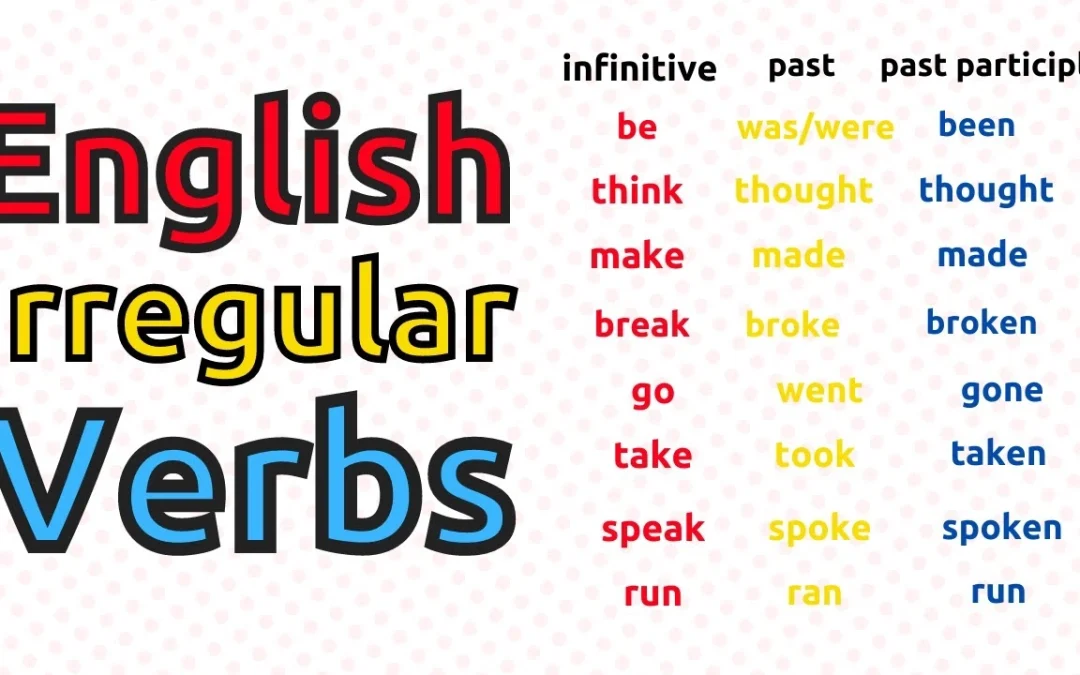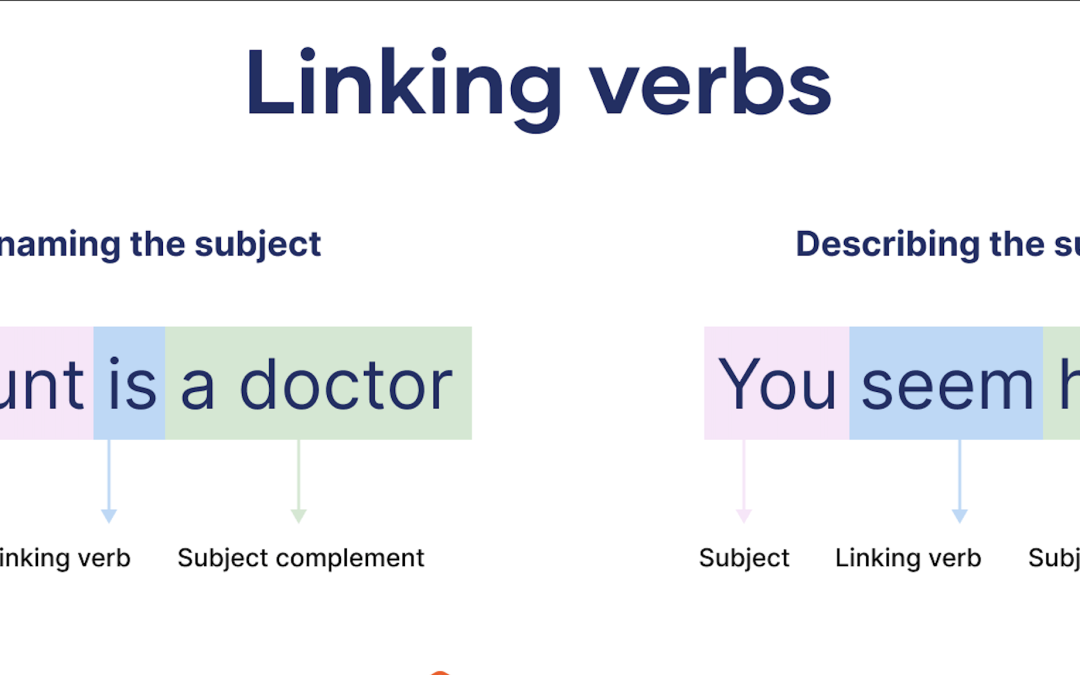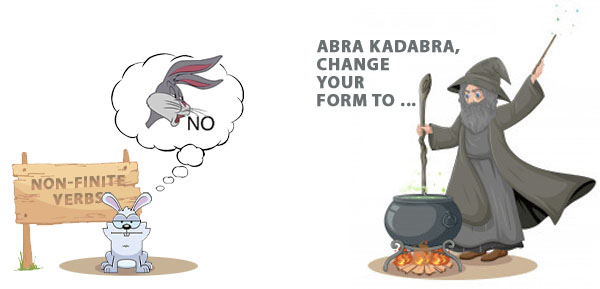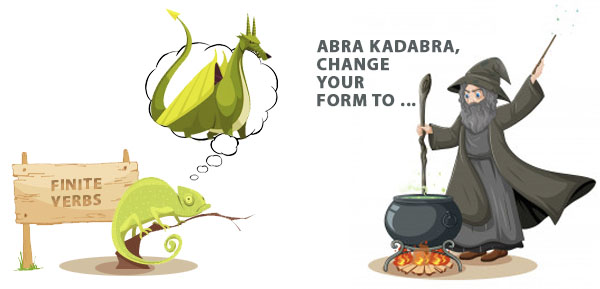
Verb types |
Irregular verbs are actually fairly common in the English language, and you will encounter them frequently. We suggest taking some time to read through the list of irregular verbs (below) and also to practice using them in sentences. There are a few irregular verbs,...

Verb types |
Welcome, English learners! Today, we’re going to explore a crucial part of English grammar that can help you express ideas more clearly and effectively: linking verbs. These verbs connect the subject of a sentence to more information about that subject....

Verb types |
What is a Transitive Verb? A verb is considered to be transitive when the action is being done to something or someone; that is, it requires a direct object to receive the action. 🔍 The direct object of a verb is the thing being acted upon (i.e., the receiver of the...

Verb types |
Non-finite verbs stay the same when the number or person of the subject changes. They do not change their form at all and do not show tense, person or number. These verbs cannot serve as the main verb in an independent clause, by definition, and thus they are...

Verb types |
What are Finite Verbs? Like other verbs, finite verbs function in a sentence to describe the action of a person, place, or thing. Finite verbs have subjects and indicate three things: 1) person, 2) number, and 3) grammatical tense. In other words, their form changes...

Verb types |
Phrasal verbs are groups of words used as a verb. These groups must contain either a verb or an adverb or a preposition (sometimes both). They form a complete semantic unit because the words that make up a phrasal verb together describe an action. Consider the...







